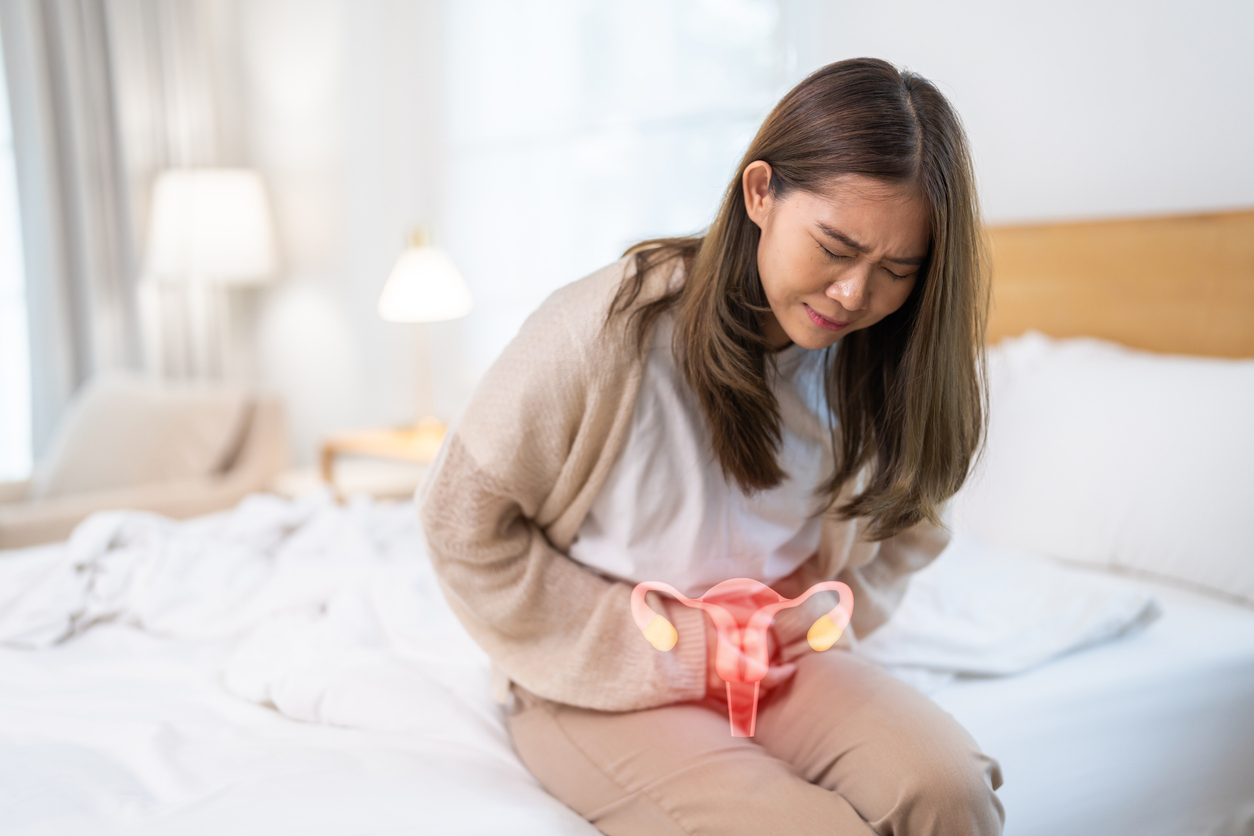In the quest for parenthood, many individuals and couples explore various avenues to boost their fertility. Among these, over-the-counter vitamins and supplements are often explored as accessible and appealing options. With shelves stocked full of promises—from enhancing egg quality to supporting hormonal balance—it's easy to wonder: Are these supplements truly effective? In this blog post, we talk about the science behind common fertility supplements, exploring their potential benefits, risks, and use. Whether you're just starting to consider supplements or deciding whether or not to add them to your regimen, understanding the role these products can play is crucial in making the best decisions for your reproductive health.
Prenatal Multivitamins
There are four main prenatal multivitamins that are crucial for child development, even in the womb, as well as maternal health. They are commonly cited in medical literature: folic acid, vitamin D, calcium, and iodine. Folic acid, in particular, is essential for preventing neural tube defects, while iodine supports thyroid function, crucial for metabolic regulation during pregnancy. Vitamin D's role extends beyond bone health, influencing reproductive outcomes and potentially improving the success rates of assisted reproductive technologies (ART). It isn't uncommon to see women continue to take these as supplements postpartum, as they can also be passed via breast milk to your child if you choose to breast/chestfeed.
Below are some foods that contain the nutrients mentioned above.
Folic acid: broccoli, brussels sprouts, leafy green vegetables, such as cabbage, kale, spring greens and spinach, peas, chickpeas and kidney beans
Vitamin D: the sun!
Iodine: seaweed, fish, eggs, chicken
Coenzyme Q10
Coenzyme Q10 (CoQ10) is spotlighted for its antioxidant properties and its role in cellular energy production. As eggs mature, they require significant energy, and CoQ10 helps in this process by supporting mitochondrial function. Research suggests that CoQ10 supplementation can improve egg quality, particularly in older women or those with diminished ovarian reserve. By protecting the eggs from oxidative damage, CoQ10 can enhance the chances of successful conception and reduce the risk of chromosomal abnormalities in embryos. CoQ10 has also been cited to improve sperm activity and concentration in men. Some foods that contain CoQ10 include: meats, fatty fish, vegetables, nuts, and seeds.
Melatonin and Other Antioxidants
Antioxidants like melatonin are vital in combating oxidative stress, a major factor affecting egg quality. Oxidative stress is when there is an imbalance between free radicals (stress-causing agents) and antioxidants in our bodies, leading to cell damage. Melatonin not only regulates sleep cycles but also plays a protective role in ovarian function. Melatonin has the dual benefits as both an antioxidant and a hormone that can improve sleep quality, which is often disrupted in individuals experiencing fertility challenges. Other antioxidants, such as N-acetylcysteine (NAC) and vitamin C, can work synergistically to reduce oxidative damage.
Restoring Ovulation with Myo-Inositol
Myo-inositol is presented as a beneficial supplement for women with polycystic ovary syndrome (PCOS), a condition that often disrupts regular ovulation. Myo-inositol is known to improve insulin sensitivity, which is frequently impaired in PCOS. Improving insulin sensitivity thus leads to more regular menstrual cycles and enhanced fertility. The supplement has shown promise in improving egg quality and increasing the likelihood of spontaneous ovulation, making it a valuable tool for those trying to conceive.
DHEA for Diminished Ovarian Reserve
Dehydroepiandrosterone (DHEA) supplementation is explored as a strategy for women with diminished ovarian reserve (DOR). DOR is a condition where the ovaries lose their reproductive potential, which is often associated with aging. DHEA can help improve ovarian function, increase the number of eggs retrieved during IVF cycles, and potentially enhance the overall quality of these eggs. Clinical studies and anecdotal evidence support the use of DHEA, while also cautioning about potential side effects and the importance of medical supervision when using hormonal supplements.
Do I Really Need The Supplements?
Despite being popular, supplements may have adverse effects on fertility. Examples include high doses of vitamin A, which can be teratogenic (causing fetal abnormalities), and certain herbal supplements like St. John’s Wort, which can interfere with hormonal balance and medications. It is important to consult with healthcare providers before starting any new supplement regimen, especially during preconception and pregnancy.
Furthermore, supplements are not regulated or controlled like medications or drugs, so companies are free to promote and advertise as they wish. It helps to do some thorough research on the company and their products to see if the source of supplements are safe and reliable.
Conclusion
As we explored in this article, specific supplements can influence reproductive health. While supplements like CoQ10, melatonin, and myo-inositol offer promising benefits, others may pose risks if not used correctly. We also emphasize the importance of informed choices and professional guidance in using supplements, medications, and medical practices when navigating fertility treatments and enhancing egg quality.
Citations:
[1] Book: It Starts With The Egg by Rebecca Fett
[2] https://www.webmd.com/diet/supplement-guide-coenzymeq10-coq10










